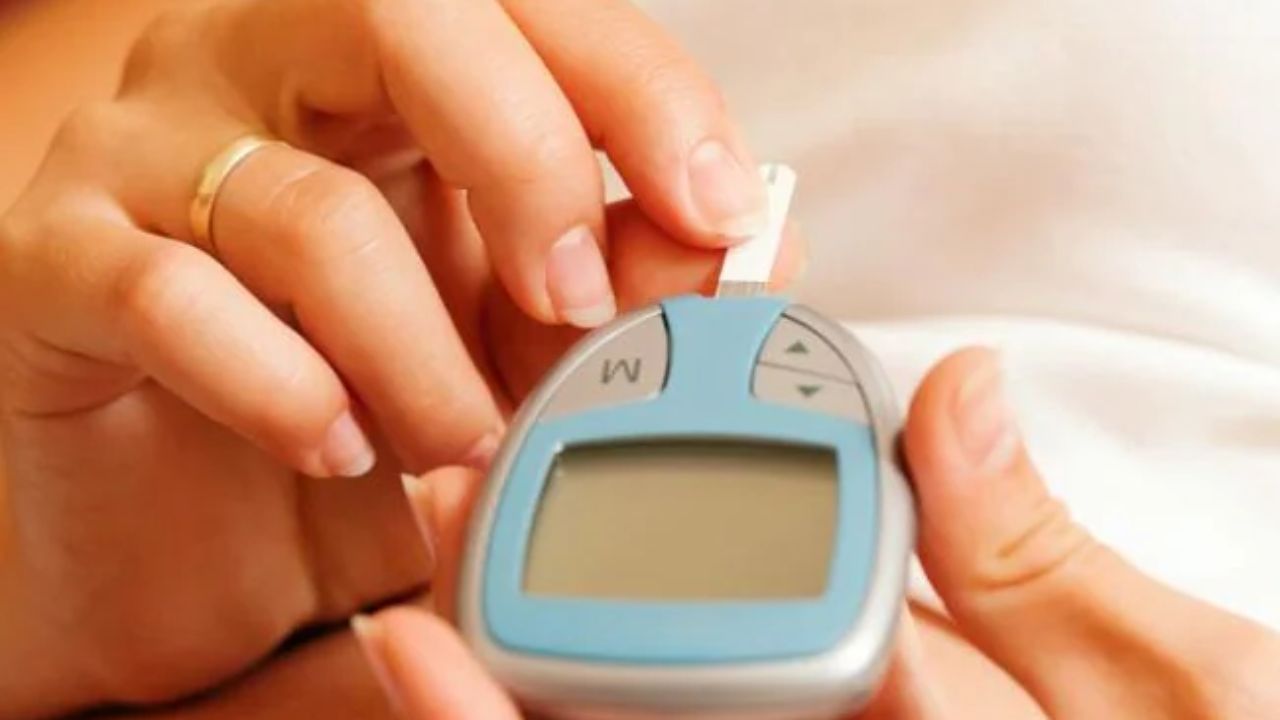As summer has arrived, the days are getting extremely hot and long. But do you know that summers can be worryful for diabetics? Diabetics find it difficult to maintain blood sugar levels with the increase in the risk of heat exhaustion. Diabetics are extra sensitive to high temperatures and humidity. High temperature can affect diabetes medicines and testing supplies.
Reasons why diabetics should be extra careful in summers
Frequent micturition – Frequent urination can lead to dehydration. Excess sugar in the blood overloads the kidney. When the kidney stops functioning, the excess sugar is pushed out of the body which raises the risk of dehydration.
Use of diuretics – People having diabetes and blood pressure are often given diuretics to manage BP. Diuretics promote the kidney to remove sodium in the form of urine. Removing excess fluids helps in managing blood pressure but on the other side, it may lead to dehydration.
Temperature effects on insulin – Climate affects the body’s ability to utilize insulin effectively. Thus, in summer, diabetics need to have regular monitoring of blood sugar levels and if needed, need to adjust doses accordingly.
Physical activity – Regular exercise is one of the cornerstones in diabetes management. Exercising in hot weather could lead to dehydration. Hence shift your exercise hours too early morning and late evenings but don’t try to miss it.
Diabetes management in summers
- Try avoiding the sun. If at all you still have to, then try to go in the early morning or late evenings. Before stepping out, apply sunscreen. The only motive is to protect the body from direct sunlight.
- Regular monitoring of your blood sugar level is a must. If needed, adjust the insulin doses accordingly.
- Storage of medicines is yet another important precaution for safe treatment. You have to protect medicines from direct light. It doesn't mean that you keep it in the icebox, the icebox might damage the medications. Keep/Store all your medicines and equipment in a cool and dry place.
- Avoid clothes that are dark, tight, and heavy. Instead, wear light-colored, lightweight clothes made from cotton.
- Nutrition is also important.
- Eat healthy carbs – Non-starchy veg, fruits, whole grains, low-fat milk, and dairy products
- Make sure your plate has fiber.
- Summers are the season of mangoes; diabetics can have them but in moderation.
- Eat a well-balanced thali – Include cereals, grains, dal, eggs, and curd in the right portion.
- Do not eat all carbs at a time. It will release sugar faster in the blood and will spike blood sugar levels.
(Disclaimer: The content on this site is for informational purposes only, and should not be taken as professional medical advice. Always seek the guidance of your doctor or other health professionals for any questions you may have regarding your health or a medical condition.)

 Diabetics need to be extra careful with their blood sugar in summer as it increases the risk of heat exhaustion and dehydration. Take a look at some diabetes management tips to manage diabetes in summers.
Diabetics need to be extra careful with their blood sugar in summer as it increases the risk of heat exhaustion and dehydration. Take a look at some diabetes management tips to manage diabetes in summers.










.jpeg)



.jpeg)
.jpeg)

.jpeg)


.jpeg)



.jpeg)
.jpeg)
.jpeg)


.jpg)

